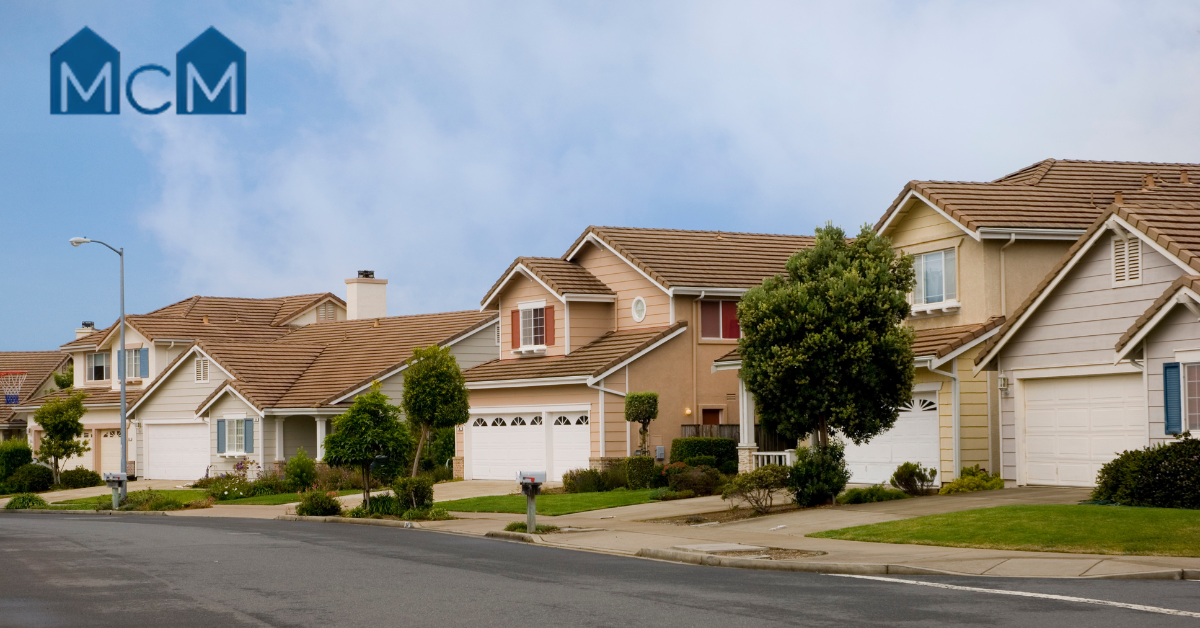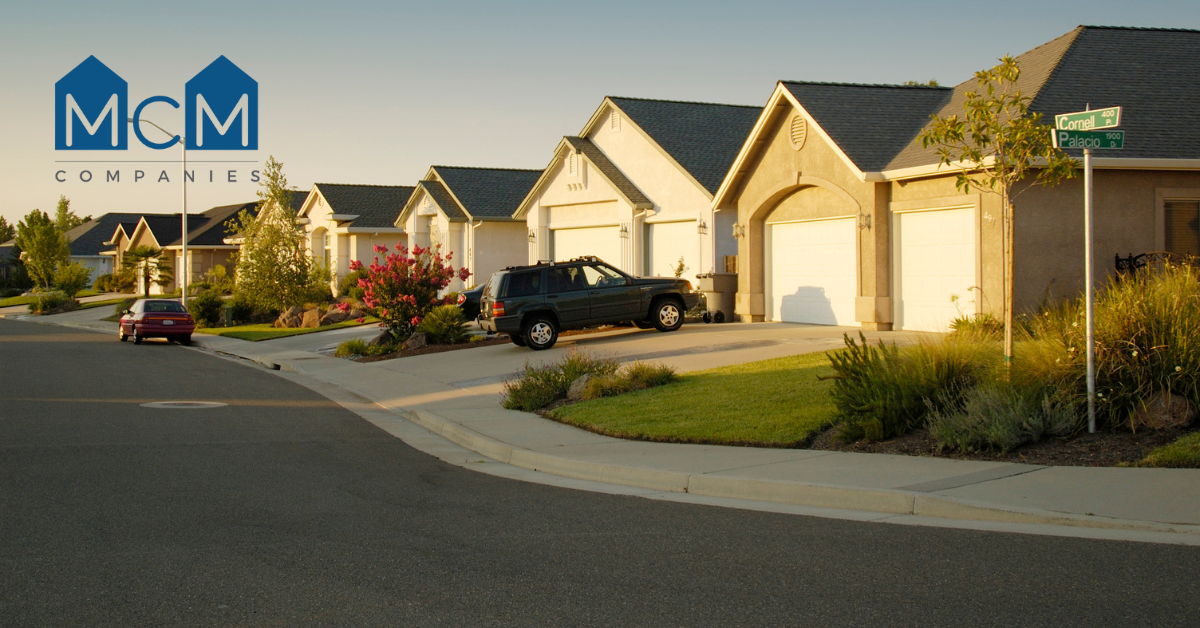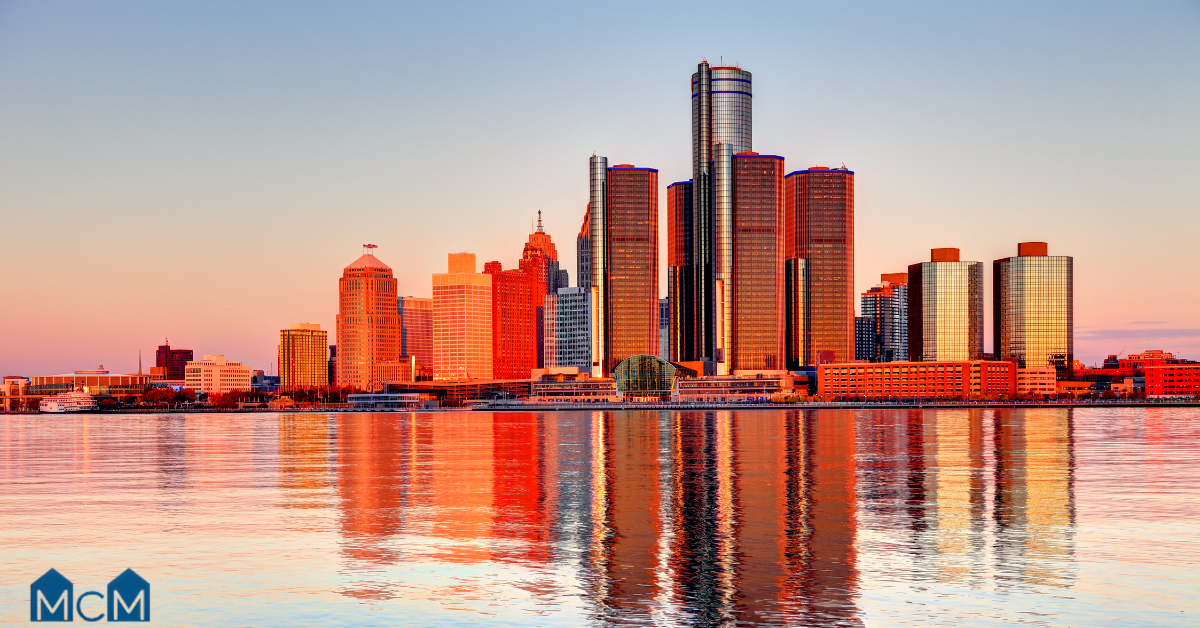The Ultimate Guide to Choosing Modular Homes: What You Need to Know


What Are Modular Homes?
Modular homes are a modern, efficient, and increasingly popular choice for those looking to streamline the home-buying process. These prefabricated structures are primarily built in a factory setting and then transported in units called modules to their permanent location, where they are assembled on-site by skilled builders.
Unlike traditional homes, which are constructed entirely on-site, modular homes are created in controlled indoor environments. This controlled setting not only speeds up the building process and minimizes delays caused by weather or seasonal changes but also ensures a higher standard of safety and structural integrity. Each module is constructed to meet stringent building codes, often exceeding the safety standards of traditional on-site construction.
You can customize modular homes to meet your needs, choosing from various sizes and styles, ranging from compact single-story homes to expansive multi-story residences. This flexibility allows you to tailor your living space precisely to your lifestyle while enjoying the benefits of a quicker, more predictable, and safer construction timeline.
Why Consider a Modular Home?
You might wonder why modular homes are worth considering over traditional housing options. Here are a few compelling reasons:
- Speed of Construction: Because most of the building happens indoors, modular homes can be completed in half the time of traditional houses. This means you could move into your new home much faster.
- Cost Efficiency: Modular homes often come with a fixed cost, reducing the chances of unexpected expenses. Plus, the factory setting minimizes waste and maximizes resources, which can lead to lower overall costs.
- Quality Control: Construction occurs in a controlled environment, so manufacturers can ensure consistent quality that might be harder to achieve with on-site building practices.
- Environmental Impact: Modular homes are known for being environmentally friendly. The construction process reduces waste and uses recycled materials, contributing to a smaller ecological footprint.
- Tailored to Your Needs: Contrary to some misconceptions, modular homes offer extensive customization options. From the floor plan to the fixtures, you can tailor nearly every aspect of your home to match your preferences and requirements.
Key Differences Between Modular and Mobile Homes
People often use the terms "modular homes" and "mobile homes" interchangeably, but they are fundamentally different in several key ways. Understanding these differences is crucial when deciding which type of home is right for you.

Construction and Foundtion
When you choose a modular home, you're opting for a modern and efficient building process. These homes are constructed in sections at a factory before being shipped to your property, where they're assembled on a permanent foundation. This means they meet the same building codes as traditional homes, assuring you of their durability and longevity.
Unlike modular homes, mobile homes are entirely built in a factory and set on a temporary or semi-permanent foundation at their destination. Their design includes a chassis with wheels, highlighting their mobility and differentiating them from the fixed nature of modular homes.
Design Flexibility
When it comes to making your home truly yours, modular homes stand out with their vast array of customizable options. You can choose layouts, materials, and finishes that suit your style and cater to your needs, allowing you the freedom to create a space that feels both modern and uniquely personal.
Mobile homes, on the other hand, often come with a set range of layouts and fewer options for customization, simplifying the buying process but limiting your ability to personalize.
Legal and Financial Aspects
When it comes to the legal and financial side of things, modular homes stand out once they're assembled. They're treated like traditional site-built homes regarding property valuation, financing, and legal status. This recognition makes modular homes a more stable investment, giving you peace of mind that your choice is backed by a solid foundation in the real estate market.
Conversely, mobile homes are typically classified as personal property rather than real estate. This distinction means they can depreciate over time, much like a car would. This classification not only affects your financing options but can also impact the long-term value of your investment.
The Construction Process of Modular Homes: From Design to Move-In
Constructing a modular home is a systematic process that combines precision engineering with detailed craftsmanship. Here’s what you can expect:

Step 1: Personalization Begins Here
You'll start by selecting a floor plan that meets your needs and preferences. Whether you need a compact two-bedroom or a spacious multi-story home, modular construction offers a variety of designs. During this phase, you can customize layouts, choose finishes, and even incorporate energy-efficient features.
Step 2: Factory Construction
Your home's components are crafted in a weather-protected factory, where construction proceeds smoothly without any delays from weather conditions. Each section is built with high-quality materials like wood framing, drywall, insulation, and roofing, undergoing stringent quality control checks to ensure everything is up to par.
This controlled environment guarantees precision that traditional building methods can't match. Furthermore, each module is constructed to meet or exceed state and local building codes and standards, ensuring your home is not only beautiful but also structurally sound and compliant.
Step 3: Site Preparation
While your home is being built in the factory, the site preparation work begins. This includes laying the foundation, which is crucial as it supports the modular sections upon arrival. Proper site preparation ensures a smooth installation process and long-term stability of your home.
Step 4: Delivery and Assembly
Once the modules are complete and your site is ready, the sections are transported to your property. Cranes are often used to carefully place each module onto the foundation. This phase quickly brings your home to life, allowing you to see it assembled in just days rather than months. To ensure your home is weatherproof, contractors connect the plumbing and electrical systems and seal the walls and roof, making your house ready to withstand the elements.
Step 5: Finishing Touches
After assembly, contractors complete the interior and exterior finishes, connect utilities, and perform any necessary landscaping. This phase transforms the construction site into your home, paying attention to all the details that make the space uniquely yours.
Step 6: Inspection and Move-In
Before you move in, your modular home will undergo final inspections by local building inspectors to ensure everything is up to code. Once approved, you can move in and start making memories in your new home.
Budgeting for Your Modular Home
Investing in a modular home can be both cost-effective and a financially savvy choice. Here’s what you can expect regarding costs, helping you to plan your budget effectively and make informed decisions.
Initial Costs, Including Purchase and Construction
One of the standout features of modular homes is their clear-cut pricing structure. When you order a modular home, the price typically includes the construction cost and the basic setup. This fixed pricing helps prevent the frequent budget overruns common in traditional home construction, where unexpected costs can quickly accumulate.
Site Preparation and Delivery
The costs for preparing your site for a modular home can vary widely depending on your location and the condition of the land. Necessary preparations include laying the foundation, connecting utilities, and ensuring the site is accessible for delivery. The delivery cost is influenced by the distance from the factory to your site and the size of the house, as larger homes require more modules and more complex logistics.
Installation and Finishing Costs
Installation costs cover not only placing the modules on the foundation but also the extensive work required to finish the home once assembled. This includes connecting the sections, finishing interior and exterior details, and adding final touches like painting and trimming. Despite these costs, the overall efficiency of the modular building process often results in savings compared to traditional on-site construction.
Ongoing Costs: Maintenance and Energy Efficiency
Modular homes are constructed with modern materials that often surpass the energy efficiency of traditional home materials, leading to lower utility bills. The stringent quality control during factory construction also means these homes are generally better built and may require less maintenance over time, further saving money.
Financing a Modular Home
Financing a modular home is similar to financing any traditional home. Most banks and financial institutions provide mortgages for modular homes just as they do for site-built homes. Since modular homes are typically treated as real property, they can appreciate in value over time, similar to traditional homes.
Why a Modular Home Is the Future of Sustainable Living
It's clear that modular homes are more than just a trend; they're a smart, sustainable choice for the modern homeowner. With swift construction, cost efficiency, and high quality, paired with endless customization options and environmental benefits, modular homes provide a practical, personalized, and future-ready solution to meet your dream home aspirations.
If you're ready to embrace the change and find a modular home that perfectly fits your lifestyle and budget, MCM Communities is here to help. Whether you're looking to find your dream modular home or create one from scratch, MCM Communities has the expertise and resources to guide you through every step.
Contact MCM Communities today to start your journey towards sustainable, stylish, and customized living in a modular home.
.svg)





